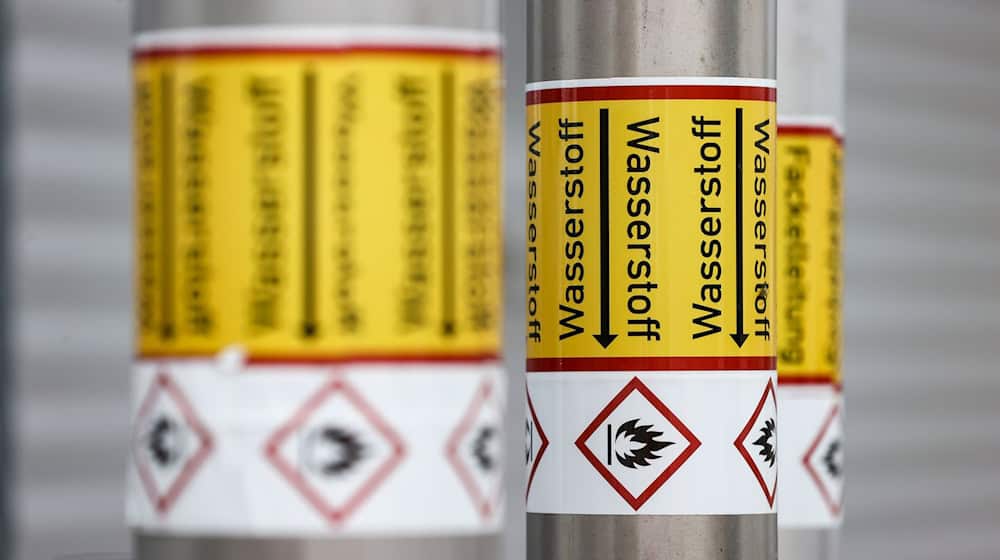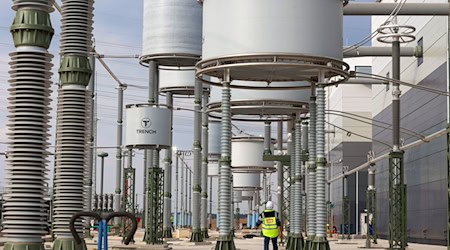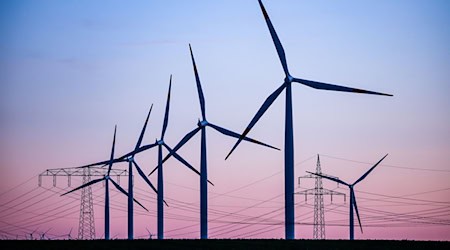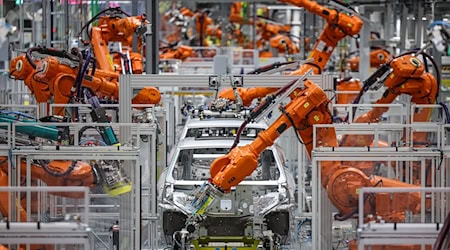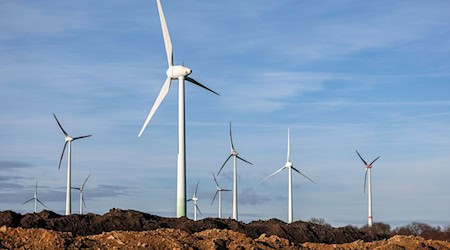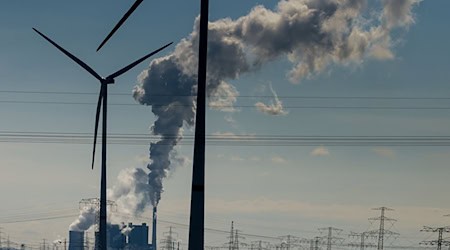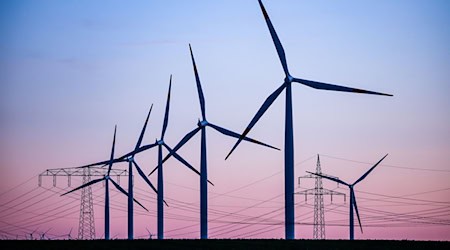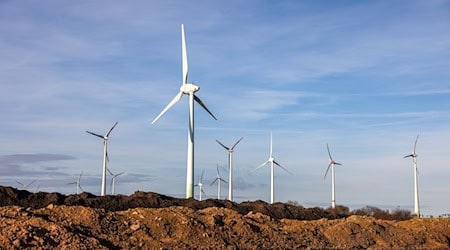The transmission system operator Ontras intends to invest in the future hydrogen core network in Central Germany with an investment volume in the mid three-digit million range. The subsidiary of infrastructure operator VNG has been named as the company responsible for an initial 600 km of hydrogen transportation pipelines in central Germany, as Ontras announced in Leipzig. Around 80 percent of the hydrogen transport pipelines are existing natural gas pipelines that are being converted to hydrogen. Just under 20 percent are to be newly built.
Transport pipeline between industrial centers
The aim of the project is to connect the Leipzig area with the central German chemical triangle, the industrial centers in Saxony-Anhalt and Lower Saxony, the Berlin area and the Meissen industrial arc. According to the information provided, a hydrogen ring in the Leipzig region with an extension to the Meißen industrial arc (Saxony), a connection from Bad Lauchstädt (Saxony-Anhalt) to the south of Berlin and a connection to Salzgitter (Lower Saxony) are to be realized. The transport pipeline between the Leipzig area, Bad Lauchstädt and Salzgitter is a so-called IPCEI project ("Important Project of Common European Interest").
Largest single investment in the company's history
"Overall, we are looking forward to the largest single investment in our more than 65-year company history with our participation in the hydrogen core network application," said VNG CEO Ulf Heitmüller. For the VNG Group, it is the largest project to date in the field of decarbonization. "The construction of the hydrogen core network is a pioneering infrastructure project to enable the nationwide hydrogen ramp-up." Ultimately, the project will help to secure the competitiveness of Germany as an industrial location.
VNG wants to participate in the development of the core network via Ontras and invest substantially in eastern Germany, Heitmüller continued. "We are taking this step despite a number of uncertainties, particularly with regard to the financing framework and the difficult-to-predict development of demand and prices for hydrogen and the associated risks for the infrastructure." In order to limit these risks, a gradual expansion is initially planned. Further projects would be possible if the financial framework conditions improved.
Copyright 2024, dpa (www.dpa.de). All rights reserved

